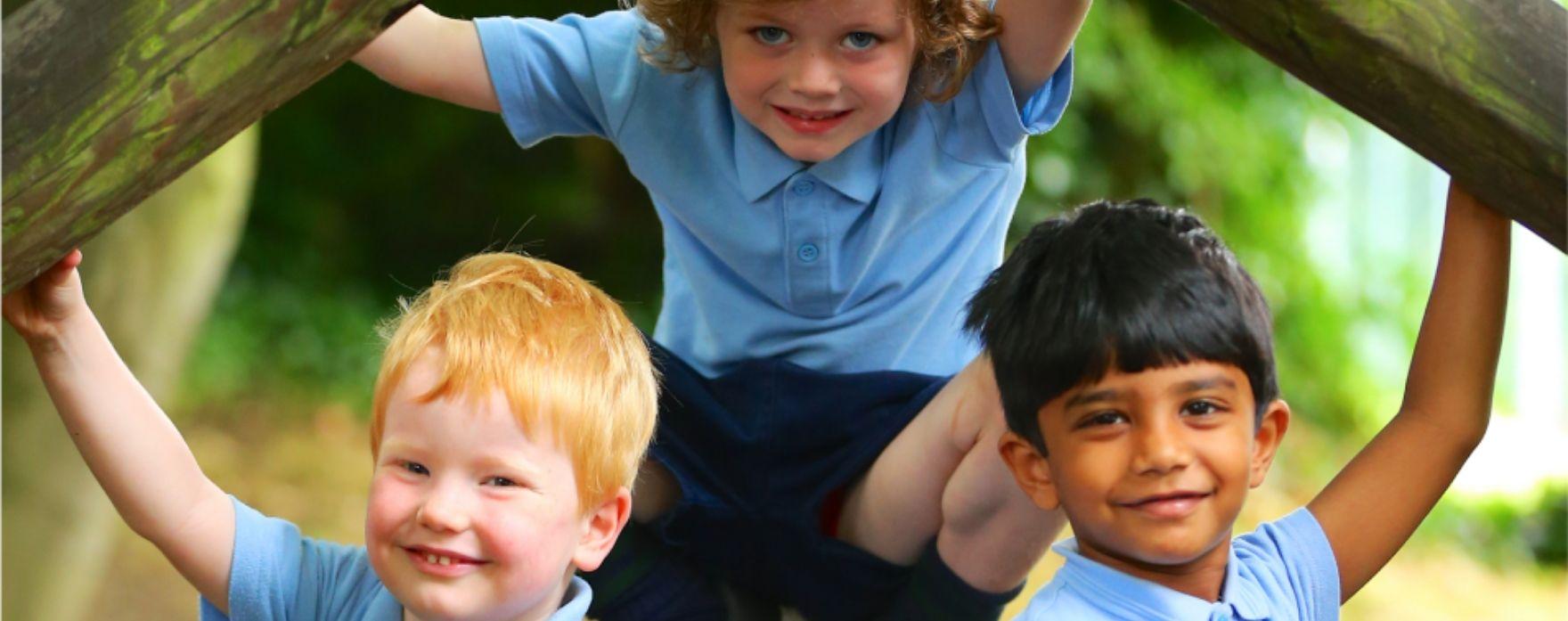
Early Years
Foundation Stage
Belvedere School, Cairo recognizes that young children thrive when they are actively engaged in their learning. We understand that active learning involves incorporating people, objects, ideas, and events that captivate and involve children for extended periods. Therefore, we firmly believe that early years' education should be as hands-on as possible, fostering a culture of learning through play. Play, being an integral part of the learning process, supports children's development in all areas.
Our dedicated practitioners provide a balance of structured and unstructured play opportunities both in and outside the classroom. These activities are designed to immerse children in practical, firsthand experiences that promote discovery, exploration, investigation, and the development of personal interests. Through play, our young learners make sense of the world around them. A typical day in the Early Years Foundation Stage (EYFS) at Belvedere School, Cairo, involves a combination of adult-led sessions and time for children to consolidate their ideas through self-initiated activities and exploration, all within a safe and supportive environment. Teachers play a pivotal role in supporting children's learning by observing, nurturing their play, encouraging their thinking, and posing open-ended questions. These interactions form the foundation of our observational assessment, allowing us to monitor children's progress against developmental milestones.
Within the EYFS, we provide numerous opportunities for children to develop early literacy and numeracy skills. Upon completion of FS2, teachers assess children's achievements in alignment with the Early Learning Goals. Drawing on observational evidence collected throughout the year, these assessments inform the next teacher of each child's starting points. The EYFS framework naturally progresses into the National Curriculum as children transition into Year One.
Belvedere School, Cairo follows the 2021 EYFS framework for FS1 and FS2. The curriculum emphasizes seven interconnected areas of learning, with three prime areas as the foundation: Communication and Language, Physical Development, and Personal, Social, and Emotional Development. These are further strengthened through four specific areas: Literacy, Mathematics, Understanding the World, and Expressive Arts and Design. Our staff plan engaging activities that promote independent learning, tailored to each child's needs and interests. We combine adult-led and child-initiated activities, utilizing the outdoors as a valuable learning space. Ongoing observations and assessments inform our approach, and at the end of FS2, an EYFS profile is shared with parents, assessing children against the Early Learning Goals.
A look at the
Curriculum &
Subjects.
Seven areas of learning and development must shape educational programmes in early years settings. All areas of learning and development are important and interconnected Three areas are particularly important for building a foundation for igniting children’s curiosity and enthusiasm for learning, forming relationships and thriving.